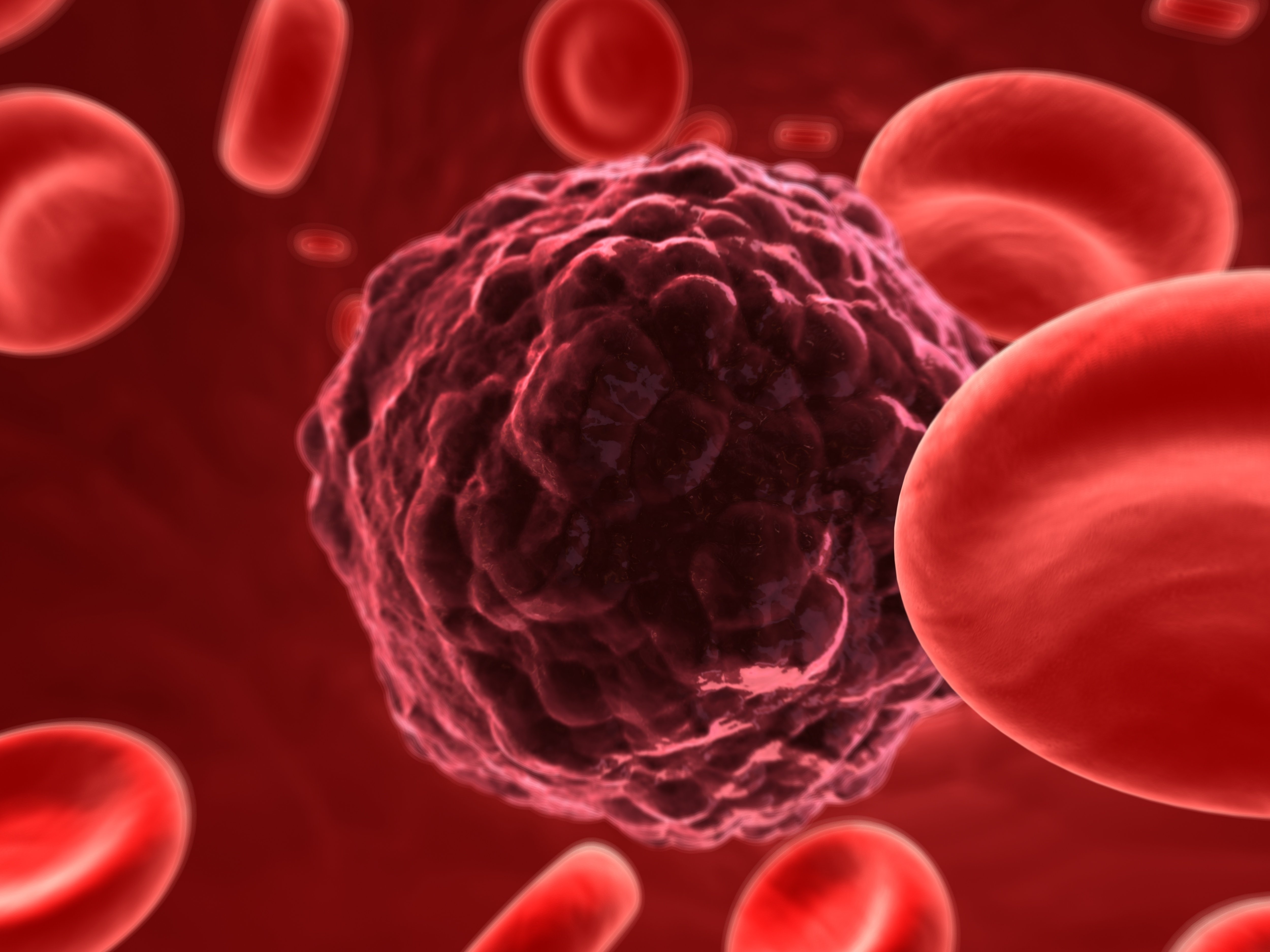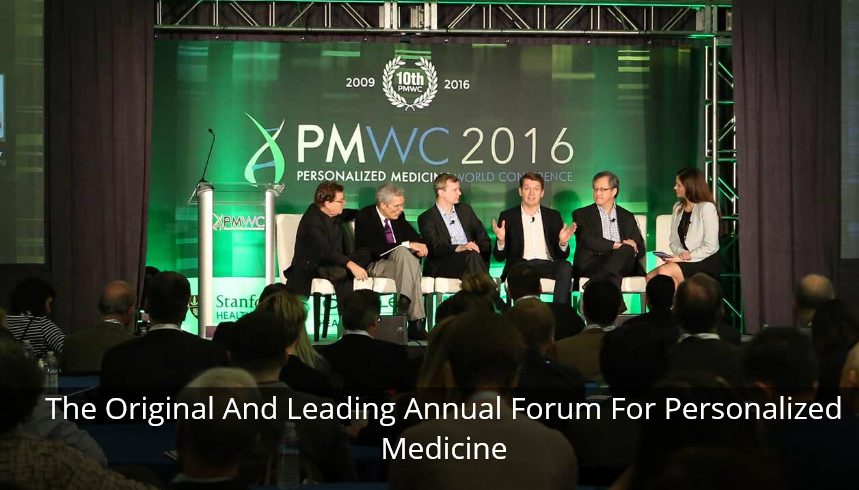For clinical genomics testing laboratories, validation — and to a certain extent, revalidation — is a fact of life. It’s written into the CAP/CLIA regulations. The regulations say you must validate: Any new FDA-cleared test your lab introduces. Any modifications you make to an FDA-cleared test. Any laboratory-developed (LDT) test not subject to FDA regulation. In the case of the first one, validation means you can replicate the performance specifications determined by the manufacturer of the test. In the second two, however, validation involves determining the performance specifications yourself (in seven areas, as outlined by CLIA). How do you go about testing the accuracy of a test your lab purchased or determining the accuracy of a test your lab designed?
Choose your Article Focus | NGS | Molecular & Serology
How to Validate Your Lab’s Clinical Genomics Tests Affordably … and Revalidate
Category: ngs validation, NGS
Posted by
Dale Yuzuki on May 25, 2017 12:00:00 AM
0 Comments Click here to read/write comments
Highlights from the Precision Medicine World Congress
Category: FDA, clinical genomics, ngs validation, NGS, cancer, EGFR
Posted by
Russell Garlick, PhD on Feb 15, 2017 12:00:00 AM
On January 23-25, 2017 the Precision Medicine World Congress was held in Mountain View, California. The PWMC conference kicked off with Dr. Keith Yamamoto, Vice Chancellor for Science and Policy and Strategy UCSF, with Dr. Robert Califf, FDA Commissioner in a “fireside chat” format. Dr. Califf has been with the FDA for 2 years, has served as Commissioner for 11 months, but has resigned as of January 20th 2017. One of his important parting thoughts presented was how the FDA has been re-energized by the >21st Century Cures Act to hire new scientific talent to implement the President’s Precision Medicine and Cancer Moonshot plans.
0 Comments Click here to read/write comments




